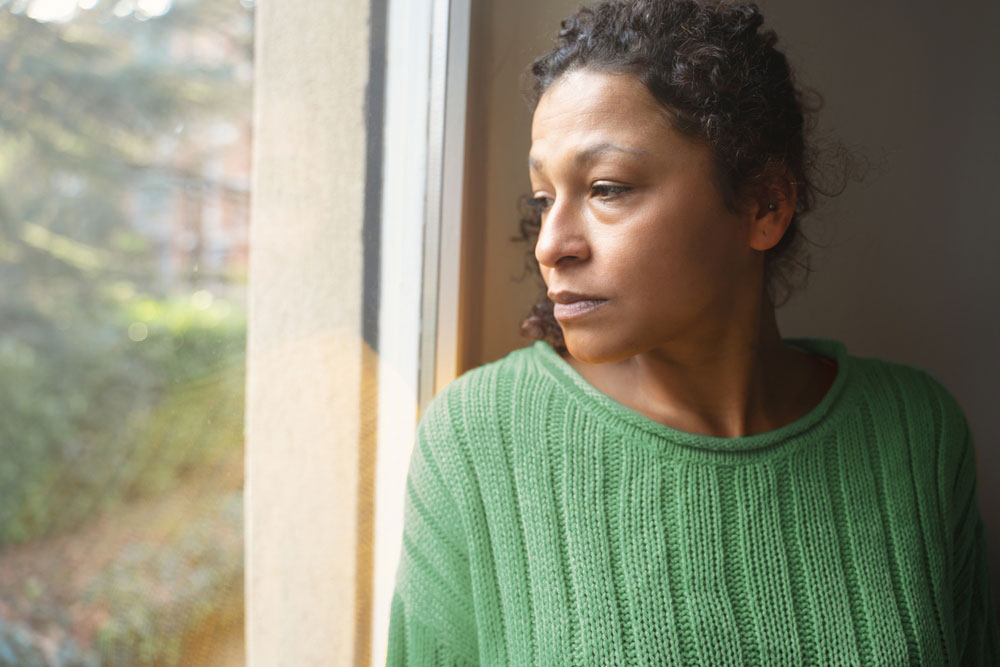Hormones are chemical messengers that perform multiple functions in regulating your mood and mental well-being. For many women, hormonal imbalances can trigger symptoms of depression, such as irritability, reduced energy levels, and low libido. Let’s explore the causes of hormonal depression in women and discuss effective treatments that can help manage and alleviate this condition.
Understanding Causes and Finding Effective Treatments
Sometime, women’s depression symptoms relate to significant hormonal fluctuations that occur during various life stages or conditions.
- Premenstrual syndrome and premenstrual dysphoric disorder: Changes in estrogen and progesterone during your menstrual cycle might make you feel depressed. PMDD is a more severe form of PMS, characterized by mood shifts that can disrupt daily life.
- Postpartum depression: Dramatic hormonal changes and the physical and emotional demands of caring for a newborn can lead to postpartum depression, a potentially severe condition that goes beyond the typical “baby blues.”
- Perimenopause and menopause: Transitioning into menopause is a significant life milestone that triggers multiple emotional and physical symptoms. The stigma surrounding aging can also be an issue for many women, especially the majority who do not seek menopause treatment.
- Thyroid issues: Hyperthyroidism and hypothyroidism, conditions related to the over- or underproduction of thyroid hormones, can cause depression symptoms. The thyroid gland is pivotal for regulating numerous metabolic processes, including mood and energy levels.
- Hormonal birth control: Some women may experience depression as a side effect of taking birth control, which alters hormone levels to prevent ovulation.
Hormonal Depression Treatments
Managing hormonal depression involves a multifaceted approach that includes lifestyle changes, medical intervention, and psychological therapies. Here are some potentially effective solutions.
- Hormone therapy: For some women – particularly those going through menopause or those with thyroid issues – hormone replacement therapy can balance hormone levels and alleviate depression symptoms.
- Antidepressants: In severe cases, a doctor may prescribe antidepressants to correct your chemical imbalance. Discuss the possible benefits and side effects with your health provider.
- Counseling and therapy: Psychological counseling, including cognitive behavioral therapy, can be highly effective in treating depression. Therapy can help you develop coping strategies and address the emotional aspects of hormonal changes.
- Lifestyle modifications: Regular physical activity, a balanced diet, and sufficient sleep are crucial for emotional health and can mitigate depression symptoms. Additionally, stress-reduction techniques such as yoga, meditation, and mindfulness can be beneficial.
- Support groups: Joining a support group can help you feel less isolated. Sharing experiences with others who understand what you’re going through can be incredibly therapeutic.
Call Today for a Healthier Tomorrow
Hormonal depression in women is a significant health issue that can impact multiple facets of your life. You must understand the causes and seek effective treatment to manage this condition.
At The Pearl, we recognize the complexity of hormonal influences on mental health and offer a compassionate and comprehensive approach to helping women with these challenges. Reach out to us today to learn how we can help you.




